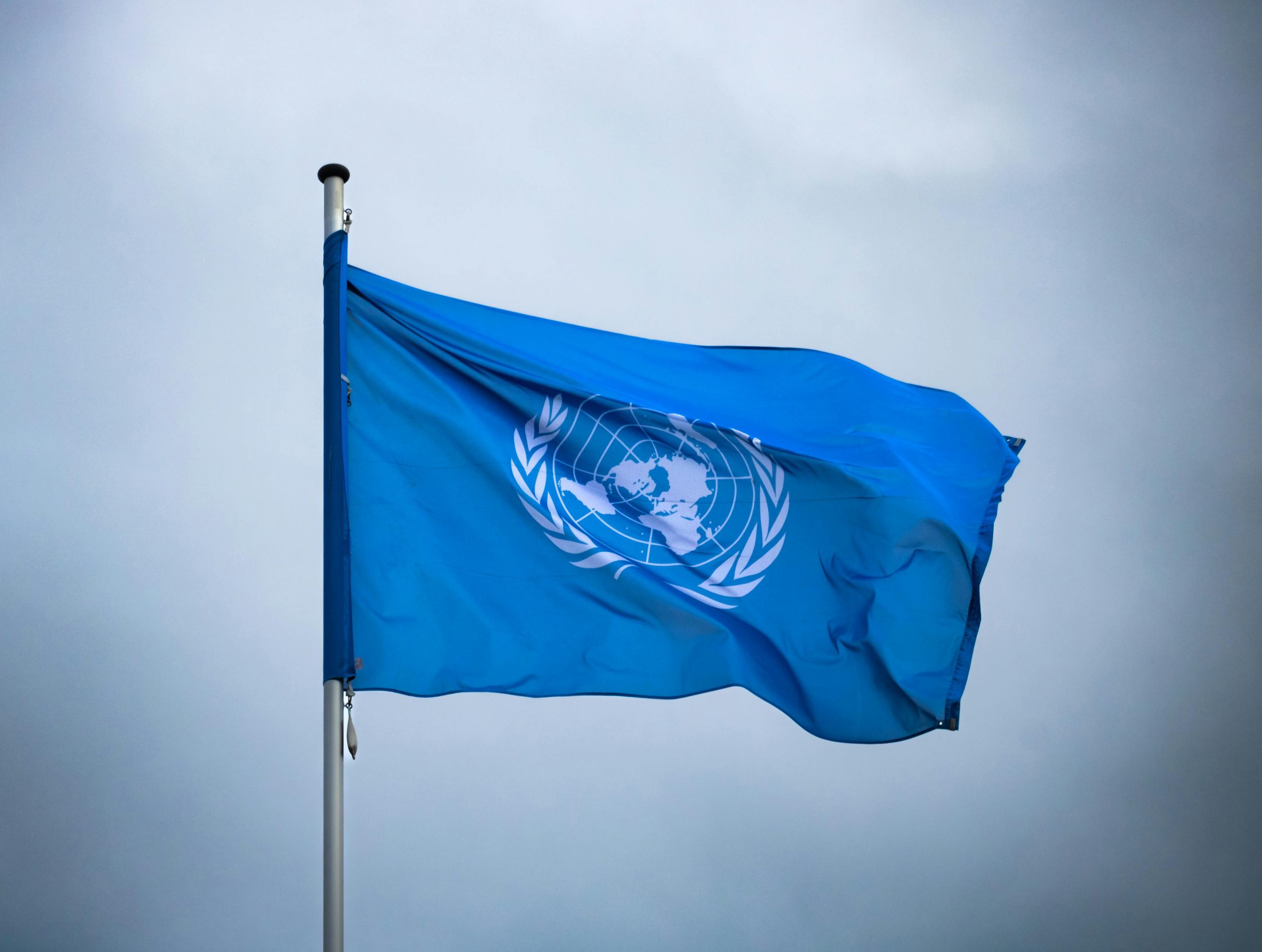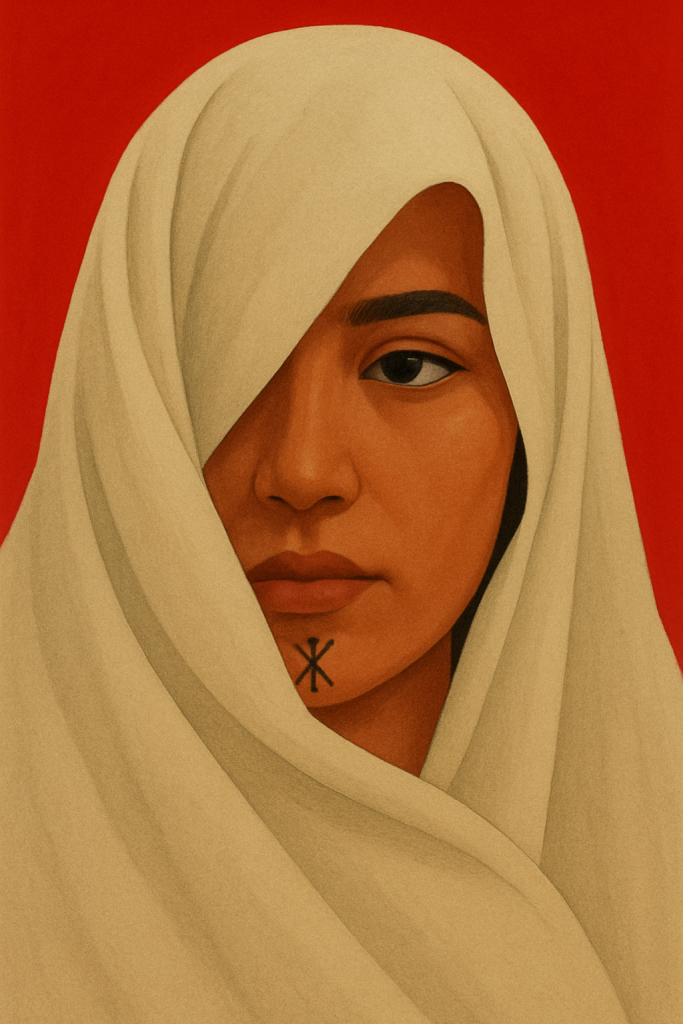A Civic Response to the UNSMIL Roadmap

© Omid Armin
In May 2025, the Advisory Committee to the United Nations Support Mission in Libya (UNSMIL) released a pivotal report outlining four possible pathways to end the transitional period and guide Libya toward democratic elections. These scenarios – ranging from constitutional reform to new executive structures — reflect the political complexity of Libya’s current landscape.
At Libya 2030, we do not endorse a specific roadmap. But we believe:
While negotiations are essential, the future of democracy in Libya must also be co-created with the people through civic dialogue, inclusive engagement, and public visioning.
Formal negotiations and high-level political processes play an important role in shaping Libya’s path toward stability. However, they are not sufficient on their own. In order for any democratic transition to be legitimate and sustainable, it must be rooted in society, particularly among those communities that have been historically excluded or marginalized from political participation.
Libya 2030 was launched to address this gap. While international actors and state institutions negotiate legal frameworks and executive mandates, there is often little space for ordinary citizens to express their views, engage critically, and contribute meaningfully to shaping the country’s political future.
This initiative builds on three fundamental assumptions:
1. Trust must be rebuilt from the ground up. Years of conflict and institutional fragmentation have eroded citizens’ confidence in state actors and political processes. By fostering open, inclusive spaces for civic dialogue, Libya 2030 helps re-establish a sense of ownership and connection between people and politics.
2. Civic education is a cornerstone of democratic change. Without basic knowledge of rights, legal frameworks, and governance mechanisms, meaningful participation remains out of reach for many. Through accessible, creative formats, such as workshops and publications, Libya 2030 promotes political literacy in ways that are engaging, culturally relevant, and inclusive.
3. Participation must go beyond voting. True democracy involves active engagement long before and long after election day. That includes the ability to raise concerns, organize around common interests, challenge power peacefully, and co-develop visions for reform. Libya 2030 offers platforms for such engagement, particularly targeting youth, women, and artists whose perspectives are often overlooked in top-down transition efforts.
Ultimately, the project complements institutional processes by building the civic infrastructure necessary for democratic governance to take root. A constitution, a parliament, or an electoral law can only function effectively when citizens understand them, feel represented by them, and are empowered to hold them accountable.
At the heart of this work lies a simple but essential idea: Every person in Libya should feel that they have a place in shaping the future of their country through dialogue, participation, and shared responsibility.
How Our Work Complements the UNSMIL Roadmap
The roadmap highlights the need for: A political consensus, electoral and legal reforms and inclusion and national accountability. Libya 2030 contributes to this landscape by:
- Creating safe spaces for civic imagination (online & offline)
- Exploring constitutional and transitional justice ideas through moderated, inclusive workshops
- Launching a collaborative civic magazine amplifying youth and grassroots perspectives
- Promoting dialogue across regional and generational lines
This grassroots approach aligns with the Advisory Committee’s call for a nationally rooted and socially legitimate transition.
Design Thinking for Libya’s Future
Innovative solutions through civic imagination
As part of this effort, we are conducting Design Thinking Workshops in Tripoli, Benghazi, and Sabha. These will bring together young people to tackle the question:
What needs to change in Libya’s civic and institutional landscape to make free and fair elections possible?
Rather than proposing technical fixes, we co-develop community-driven perspectives and identify barriers, tools, and collective visions: a civic lens to complement institutional reform.
A Living Conversation
We see Libya 2030 as a platform: For listening, for imagining, for building trust across divides. We believe in the collective power of dialogue, creativity, and civic courage.
We welcome young people, new contributers and participants who share our vision for a more inclusive and democratic Libya. Because Libya’s future cannot and should not be written by a few, it must be shaped together.

Isra Mohamed
Author
This article was written by Isra Mohamed, founder and Chairwoman of the Libyan German Association and Project Lead of Libya 2030. She holds a Master’s degree in Human Rights and is a political scientist and economist. Her work focuses on human rights in Libya and the MENA region, transnational governance, and civic engagement.
Leave a Reply